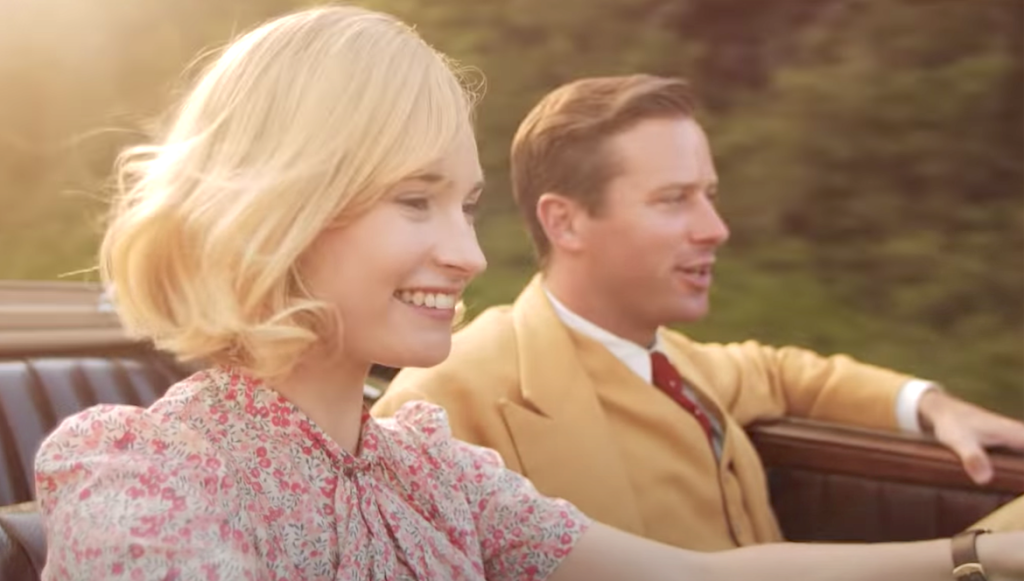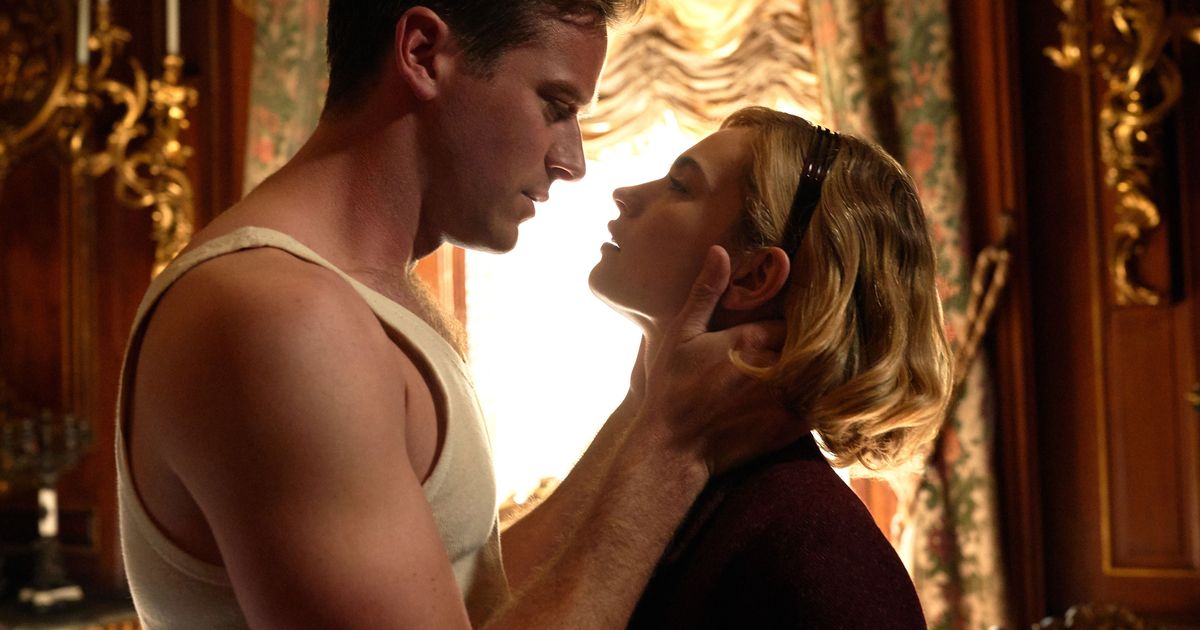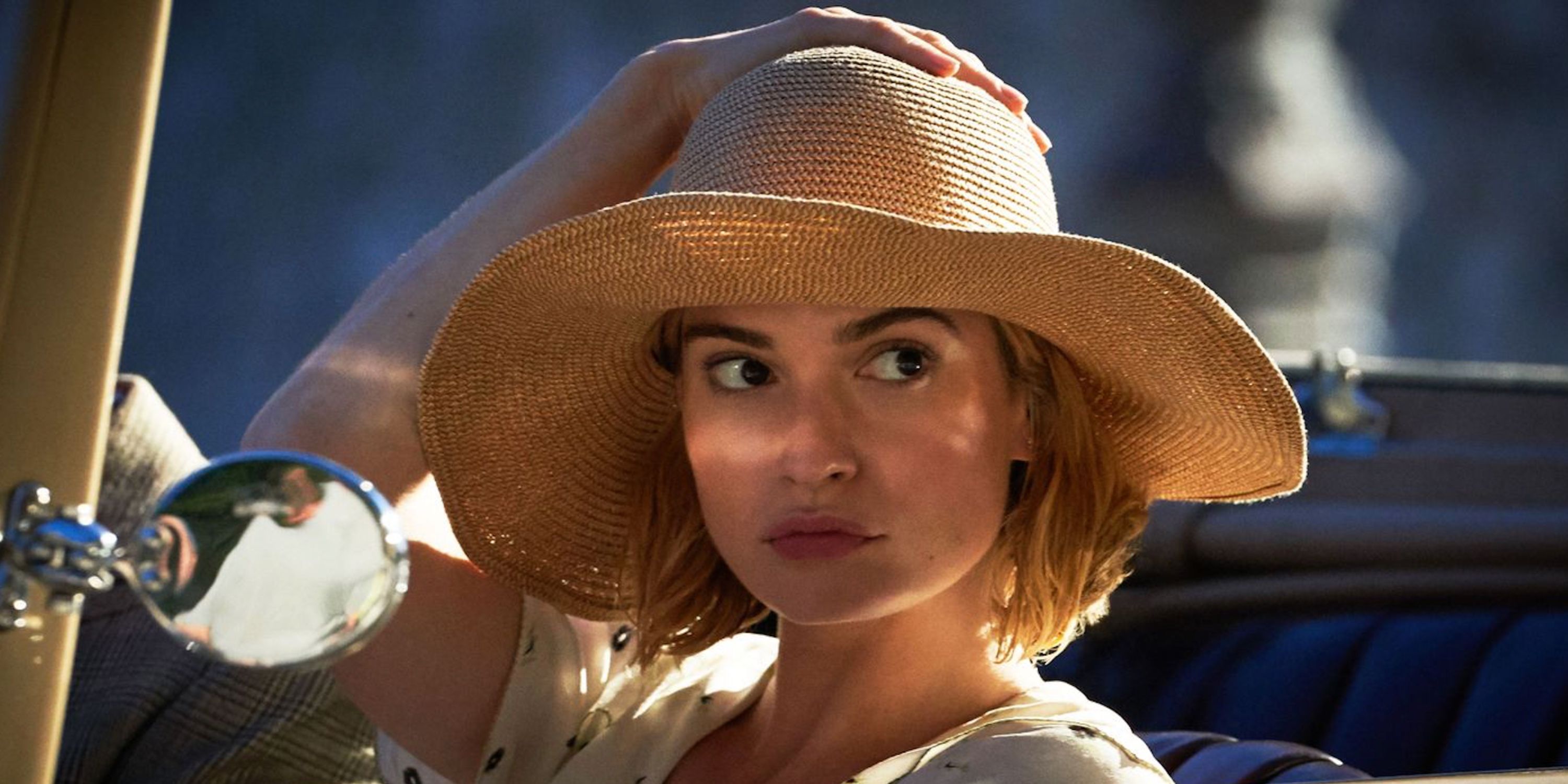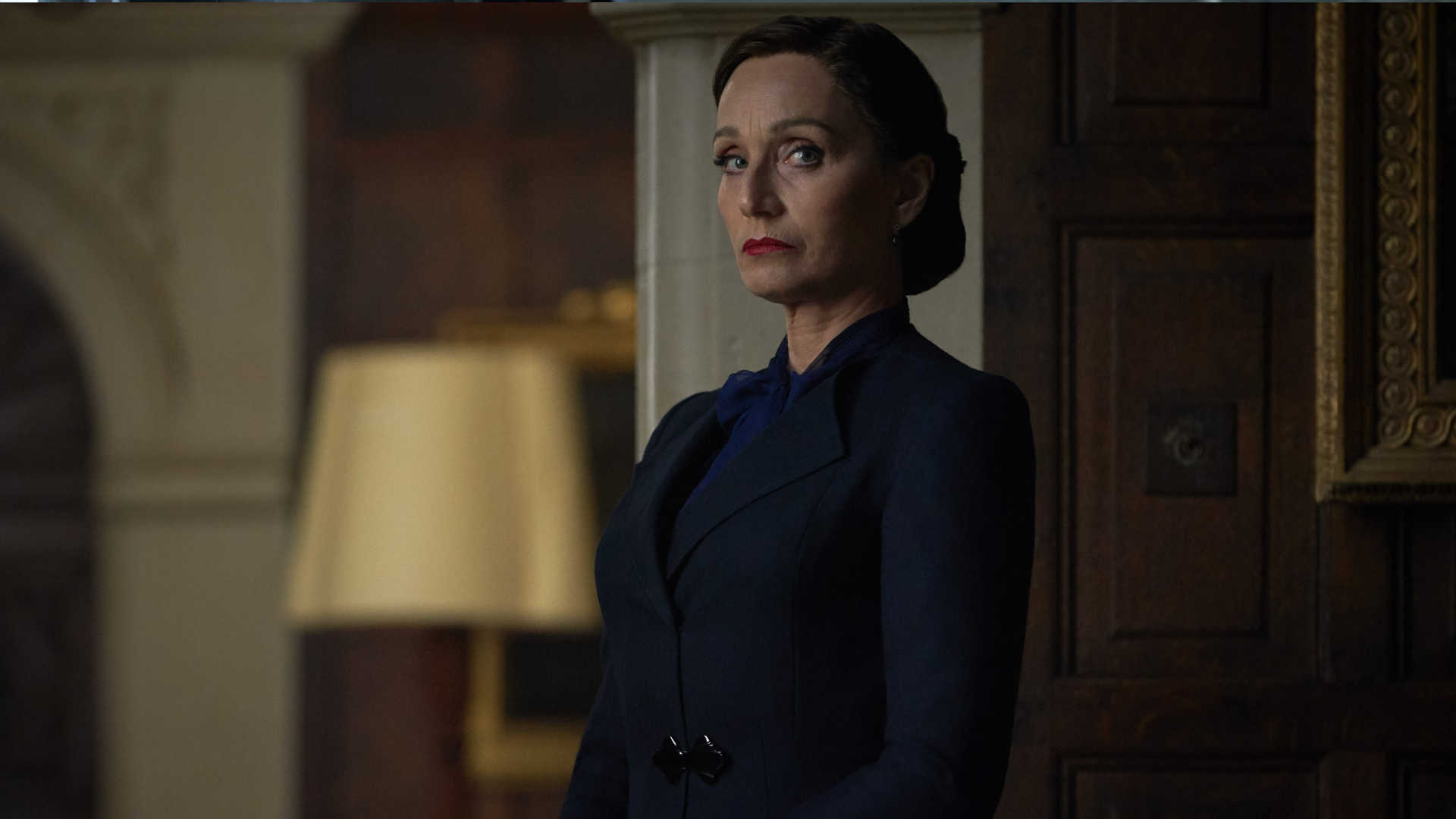Directors with distinctive traits have a checklist of things we expect from them. In the case of British director Ben Wheatley, these include black comedy (Sightseers, Free Fire), human monstrosity (Kill List) and class warfare (High-Rise). With an interesting director, the checklist is open-ended, containing the possibility of things we had not considered but are consistent with their general outlook – and defined more by what we would not expect to see than what we might. Even an open-ended Wheatley checklist did not, for example, seem to include a straightforward adaptation of a Daphne du Maurier novel, whose first cinematic incarnation won the Academy Award for best picture and was directed by Alfred Hitchcock, rendering all subsequent versions superfluous.
It might seem Wheatley-like if the director looked at Rebecca through a fish-eye lens, tunneled into some heretofore unexplored aspect of the story, or did something radically different with the setting – maybe updated the location, the time period, or even the genre. A musical version of Rebecca, anyone? Wheatley might be the one to do it, even if he’d never made a musical. But the Wheatley brand has no place for a faithful Rebecca, where even the actors model their performances on their counterparts from Hitchcock’s 1940 version. If you were straining, you might see some of the class warfare themes from High-Rise, but you shouldn’t have to strain this hard to figure out why a movie was made.
Du Maurier’s original novel concerns a servant class woman (played here by Lily James) who is never given a name. Her lack of such a basic form of identification is in direct contrast to the name that dominates the story, the title character, who is the recently deceased wife of wealthy English socialite Maxim de Winter (Armie Hammer). The two main characters meet on holiday in Monte Carlo, where she is waiting on a crude American aristocrat (Ann Dowd) and he sees something in her wide eyes and freshness of spirit. “She” ceases to be the cat’s mother, as it were, when their succession of daily romantic outings is cut short by her boss’ sudden decision to cross back over the pond. Realising he loves her, Maxim proposes, at last providing us a way to refer to her: the new Mrs. de Winter.
Following an off-screen honeymoon – we’ve already gotten enough images of them feeding each other on beautiful beaches – the newly married couple returns to Manderley, the sprawling de Winter estate back in England. Here we meet our third main character, Mrs. Danvers (Kristin Scott Thomas), the housekeeper who came into de Winter’s employ as Rebecca’s companion since childhood, and who has on offer a full catalogue of stern expressions. The new Mrs. de Winter feels terribly out of place in the grand scope of such a home, more comfortable descending the stairs into the servants’ quarters than ascending to the master bedroom. Mrs. Danvers doesn’t let her forget it, nor let any of them forget Rebecca, who practically haunts the grounds – not to mention the tortured memories of her former husband.
As conceived by both Hitchcock and du Maurier, Rebecca is a ghost story. No actual apparition of the title character traipses through the corridors of Manderley, but Hitchcock used George Barnes’ evocative black and white cinematography and a bone-chilling performance from Judith Anderson as Mrs. Danvers to place Rebecca squarely horror adjacent, if not horror itself. As often as Wheatley imitates choices made by Hitchcock, this is one he seems to forget, which is either evidence of the true power of black and white, or of Wheatley’s absence of imagination. He seems to recognise the subject matter is meant to unnerve us, as there is a scene – exactly one scene – that uses modern horror iconography to get inside the new Mrs. de Winter’s head. Exactly one of anything feels like a mistake, not part of some greater plan, and that’s the case here.
Many of the details of the story are those of a melodrama, and counterintuitively, that’s the part Wheatley seems most comfortable executing. The opulence and romance of the Monte Carlo opening is actually the film’s most confident portion. There’s a sort of Great Gatsby grandeur to this section of the film, which effectively introduces us not only to the characters and their defining characteristics, but to the world they approach from either side. Fans of travelogue romances and debonair romantic heroes will swoon over this stuff. Hammer may be no Laurence Olivier, who played Maxim in Hitchcock’s film, but he’s plenty charming in his own right.
The mood of the film is supposed to change when we get back to Manderley, as this is when the honeymoon is over, both literally and figuratively. Back in range of all the things that remind him of Rebecca, Maxim is meant to descend into melancholy, secretiveness, and quickness of temper. We’re supposed to feel the oppression James’ character feels, even in this exceedingly large domicile, due to the choices James and Wheatley make.
James is on point with her choices, dramatising the darting eyes and increasing paranoia that Joan Fontaine gave us in Hitchcock’s version. With all the tools we know he possesses, Wheatley had the chance to use his camera, his editing, his set design and so forth to give the walls a sense of closing in on her, and he just doesn’t. The result is a kind of handsome blandness, which renders the mystery of what happened to Rebecca far less interesting as well.
If we had to conclude a reason why Wheatley wanted to make this film, it could be as simple as a shout-out to a fellow British filmmaker, the greatest British filmmaker the cinema has ever known. Of course, Wheatley and anyone else who has adapted Rebecca for the screen would likely protest that they are adapting the novel, not remaking Hitchcock’s movie. That may be, but you can’t escape the shadow of someone like Hitchcock, especially when the film earned both the conventional praise of the Oscars, and the critical praise that has been enjoyed by most of Hitchcock’s other work.
As for what we might expect of a future Wheatley checklist, it’s hard to say, but Rebecca does not seem to represent a one-time diversion into the mainstream. IMDB shows truly bizarre, yet still mainstream, choices for his next two projects: sequels to Tomb Raider and The Meg. Yes, that’s the adaptation of a popular video game and a movie about a giant killer shark. Throwing out the checklist comes with its own sort of excitement, but when Wheatley’s first journey off brand is something like Rebecca, we can’t be blamed if our anticipation is a bit tepid.
Rebecca is currently streaming on Netflix.



